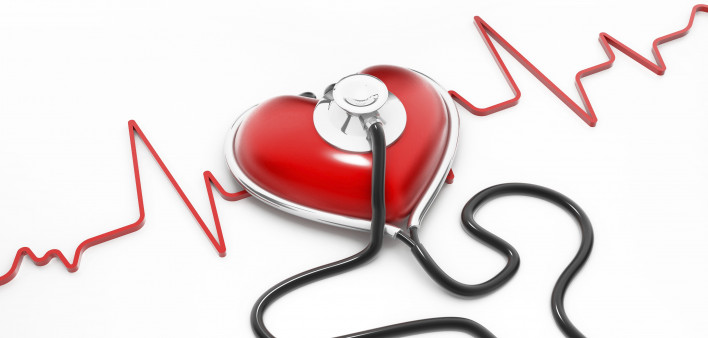People with HIV under 40 were just as likely to be at risk for heart disease as older individuals, according to an analysis published in the Journal of Infectious Diseases. The study was first presented this summer at the International AIDS Society Conference on HIV Science 2021 (IAS 2021).
Tiffany Gooden, PhD, and Mike Gardner, PhD, of the University of Birmingham in the United Kingdom, and colleagues culled data on 9,233 people living with HIV and 36,816 matched HIV-negative controls from a nationally representative U.K. database of 808 primary care practices. The data went back to 2000.
Participants living with HIV were a mean age of 41 years old, one third were women, 22% were Black and 37% were white. The HIV-negative control subjects were matched for age, race and sex, but people with HIV were more likely to have a low income than their HIV-negative peers (23% versus 15%).
Fewer people with HIV met clinical definitions for overweight or obesity, at 36%, compared with 46% of HIV-negative people. But people with HIV were more likely to smoke, a known risk factor for cardiovascular disease; 30% of HIV-positive people currently smoked, compared with 22% of HIV-negative people. Likewise, only 49% of people living with HIV reported never smoking, compared with 55% of HIV-negative controls. People with HIV were more likely to start the study with peripheral vascular disease, heart failure and chronic kidney disease, but people without HIV were more likely to have diabetes and hypertension.
In total, 890 cardiovascular events occurred during follow-up. Most of those were ischemic heart disease (reduced blood flow in arteries that supply the heart muscle), which accounted for about half of the cases. This was followed by stroke, heart failure and peripheral vascular disease (reduced blood flow in the limbs). In most cases, people with HIV fared worse.
For instance, even after controlling for age, sex, body mass index, race, smoking and poverty, people living with HIV were still 50% more likely to have cardiovascular disease than their HIV-negative counterparts. Likewise, people with HIV were 42% more likely to have a stroke and 55% more likely to experience ischemic heart disease. People with HIV also had double the rate of chronic kidney disease. Overall, people with HIV were nearly three times as likely to die of any cause than people without HIV.
And it didn’t matter if they were younger or older than 40 or if they were diagnosed with HIV early in the antiretroviral era or more recently—the increased risk remained the same.
People with HIV were not more likely to experience peripheral artery disease, heart attack or heart failure, however.
Women with HIV had a 60% increased risk for cardiovascular disease compared with their HIV-negative female peers. The risk was lower but still elevated (47% higher) among men living with HIV versus HIV-negative men. Women also had an 82% increased risk for ischemic heart disease.
So what made the difference in heart disease risk for people with HIV? According to the analysis, having both HIV and diabetes or HIV and hypertension were associated with a greater risk for heart disease.
“Common [cardiovascular disease] risk factors had little impact on the overall risk of [cardiovascular disease], hence an HIV-validated risk assessment tool and further investigation into who should receive regular assessments would be beneficial,” the researchers concluded.
It’s unclear whether people who had an undetectable viral load were as likely to have poor heart outcomes as those without, or which medications they were taking.
“The increased risk we report may therefore be due to other HIV-related mechanisms such as persistent immune activation and inflammation caused [by] the presence of HIV viremia and microbial translocation which occurs regardless of treatment status,” the study authors wrote. “More longitudinal studies are needed to distinguish the true impact of [antiretroviral treatment] on [cardiovascular] risk.”
Click here to read the full study.
Click here for more news from IAS 2021.
Click here to read more news about HIV and cardiovascular disease.







Comments
Comments